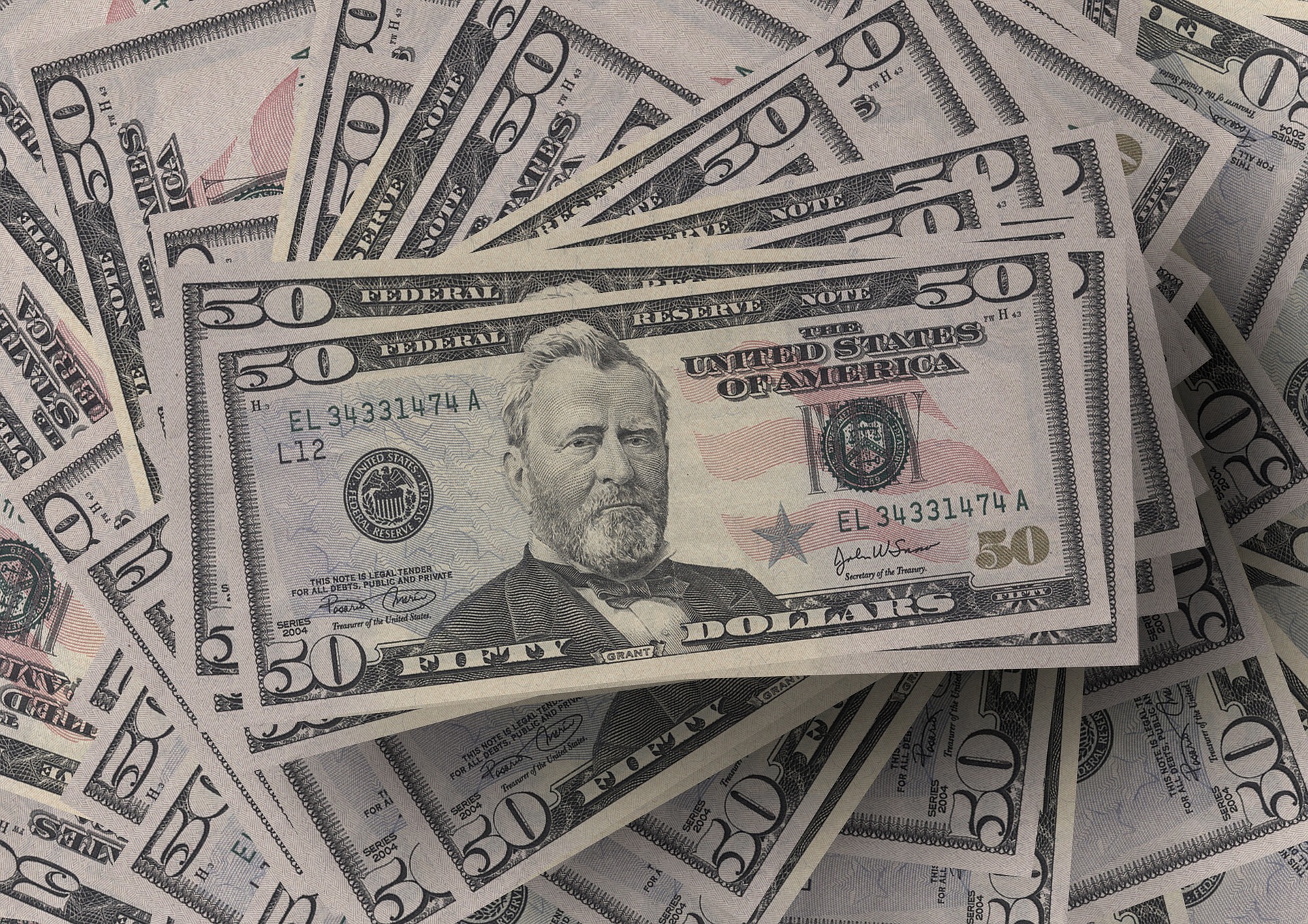The Dollar to Pakistani Rupee is surging higher, with the downslide in the value of the Pakistani currency. The USD/PKR is 182.60.

Dollar to Pakistani Rupee Surges 19.7% Year-on-Year
The Pakistani Rupee fares poorly, as the decline in value sent the USD/PKR currency pair surging. It lost almost 15.1% from the beginning of the year.
The Pakistani Rupee was trading at 123 against the greenback in 2018. In March 2021, the USD/PKR currency pair was trading at 151.95, and in March 2022, the Pakistani Rupee is at PKR 182.60.
The USD/PKR in the forex markets has risen 19.7% from the lows of March 2021.
Pakistani Rupee At Record Low of PKR 182
In 2012, the USD/PKR currency prices zoomed past PKR 100 in the foreign exchange.
The Dollar to Pakistani Rupee is currently trading at 182.60 on Tuesday, March 29, 2022.
Political instability in the country, widening trade deficit, and high inflation are the reasons for the weakening currency in Pakistan. The war between Ukraine and Russia adds to the woes of the Pakistani economy. The Covid-19 pandemic had a terrible impact on Pakistan as prices soared higher and businesses were closed due to the lockdown restrictions.
Pakistan borrowed from the IMF and the World Bank to meet its debts. Inability to meet its debt requirement adds pressure to the economy.
High Inflation in Pakistan
The Pakistani currency went under massive devaluation, and the country saw high inflation set in. Prices of most commodities and utilities are in an upward trend. The food, energy, transport, clothes, restaurants, and health sectors, are the worst affected.
Perishable and non-perishable food items are surging, especially eggs, onions, and potatoes. Energy prices are on an upward trajectory. Crude prices are moving higher in the global market, causing an increase in the overall commodity prices. The Pakistani government promised to keep crude prices lower to curb inflation. But inflation continues to drift higher.
Annual consumer inflation eased down in February but prices remain high. The Consumer Price Index was 12.2% in February and 13% in January. The statistics bureau data shows that inflation hit a two-year high in January.
There is low agricultural production, and industrial output has come down. The country faces multiple challenges. The current account deficit is at 5.3% of GDP.
High inflation and high unemployment reveal leadership inability, says the opposition.
Geopolitical Pressure Adds to Inflation
The Russia-Ukraine war affects the global economies. Pakistan, which was already under threat of high inflation, faces high commodity prices. Supply chain disruption and higher crude oil prices are causing a surge in inflation in every country. The war affects global trade bringing supply disruption.
Russia is the chief exporter of crude oil. After it invaded Ukraine in February 2022, crude prices shot up 11%, to a multi-decade high at $140 per barrel.
Despite the State Bank of Pakistan taking measures to bring down inflation, prices of essential commodities are increasing. Analysts say that high inflation is due to weak economic fundamentals and global pressure. Similarly, financial stimuli injected into the economy during the Covid pandemic through income support programs are other factors for high inflation. A hike in policy rates can address high inflation.
No Confidence Motion Against Prime Minister Imran Khan
High inflation adds to the political trouble brewing in Pakistan.
A no-confidence motion is filed against PM Imran Khan by PML-N President Shehbaz Sharif. The political turmoil in Pakistan creates unrest in the country. The Prime Minister claims that foreign powers are conspiring to topple his government.
The opposition party claims that high inflation and mismanagement of the policies are haunting the people of Pakistan.
The unemployment rate is high in Pakistan. The Institute of Development Economics in Pakistan reports that more than 31% of youth remain unemployed in Pakistan.
As the Pakistani Rupee surges higher, import costs are going up. The country faces financial and political turmoil. High commodity prices and rising unemployment creates unrest among the people. The unemployed youth are getting involved in theft, drinking, and rebellion, as job opportunities are low.
US Dollar at 98.28
The US Dollar Index moved higher to 99.82 levels on Monday. Hopes of a ceasefire between Russia and Ukraine brought the DXY lower to 98.28 on Tuesday, March 29, 2022.
Pakistan and China drew an agreement to trade in their local currencies. Trade between these countries will be in Pakistani Rupee and Yuan and not involve the US Dollar.
Pakistan hopes to benefit from this transfer of currencies. Turkey also agreed to transact in local currencies with China. China hopes to bring down the dominance of the US Dollars through trade in local currencies. China intends to lower the value of the US Dollar in the long term through such trade with emerging countries.